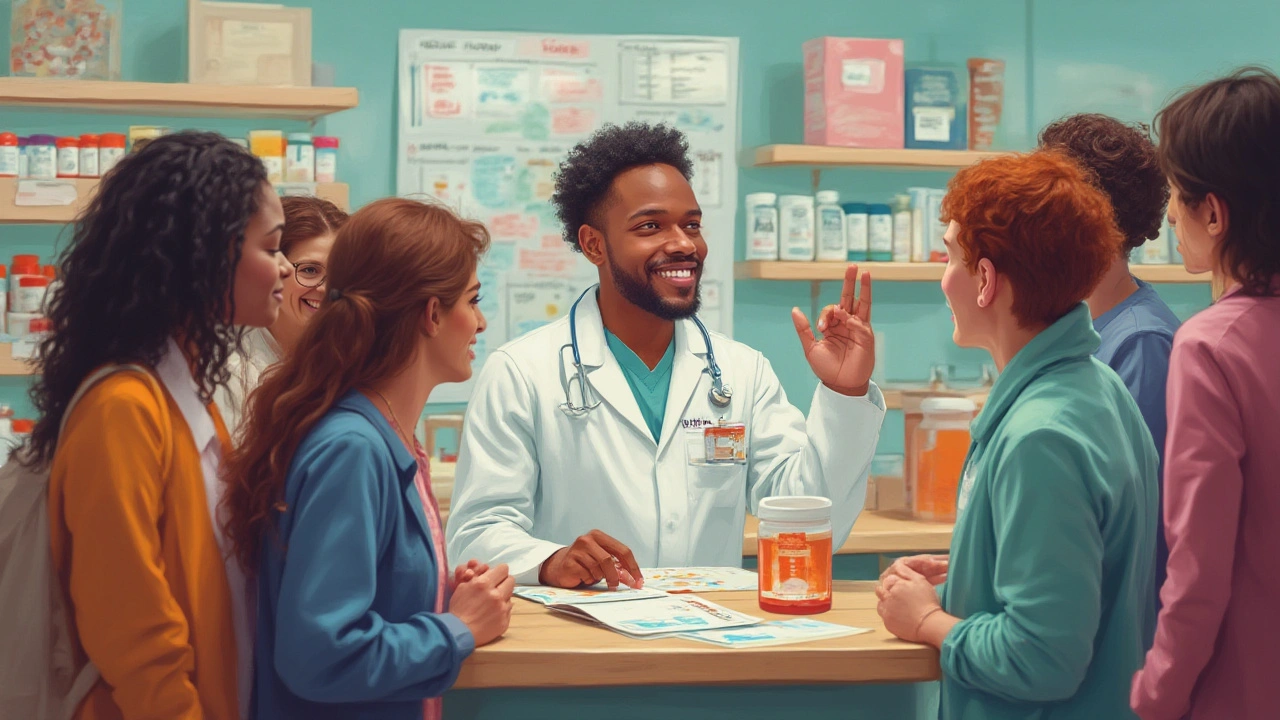Prescription Definitions: Simple Explanations and Real-Life Impact
Ever been handed a prescription and felt lost in medical jargon? You’re not the only one. Understanding basic prescription definitions isn’t just about checking off boxes at the pharmacy—it’s about taking charge of your health, your well-being, and sometimes, surprisingly, even your dating life.
Here’s the deal: a prescription is just a formal instruction from a health professional telling you what medicine you should take, in what dose, and for how long. But there’s way more packed into those words—like the difference between brand-name and generic drugs, controlled substances, and what those odd abbreviations (think BID, QHS, PRN) really mean for your daily routine.
Take ‘placebo’ for example. You might hear it tossed around in conversations about medicine, but it means you’re getting a harmless pill meant to look like the real thing. Why does that matter? Well, studies show that believing in your treatment can sometimes actually make you feel better—yeah, your mind is that powerful. Flip the coin, and you’ve got the ‘nocebo’ effect, where expecting something bad can make symptoms worse. That’s wild, right?
Now, here’s a cool connection you might not expect: all these prescription lingo and effects play out in your relationships too. Ever started a new medication and worried about side effects impacting your dating confidence or mood? Or maybe you’re dating someone who has a complex medical routine and you want to actually know what their daily meds mean. Understanding basic terms—like ‘as needed’ (PRN) or ‘twice a day’ (BID)—helps you ask better questions, show empathy, and avoid awkwardness.
Getting familiar with prescription definitions saves you time at the pharmacy, makes doctor visits less stressful, and keeps you safer. Grab your medication bottle and flip it over. Those instructions aren’t just for the pharmacist—they’re for you, so you know exactly when and how to take your meds, what to avoid, and how to keep an eye out for anything unexpected.
Knowing terms like ‘contraindication’ (when something shouldn’t be used together), ‘side effect,’ or ‘refill’ gives you a leg up. Suddenly, you’re not just following orders—you’re an active player in your own care. You’re also in a better spot to talk about health stuff if it comes up in a romantic chat. Trust me, there’s nothing more honest (or impressive) than owning your health story on a date.
No need for a medical dictionary. The next time a doctor or partner uses fancy prescription talk, you’ll know what’s up. Want real examples or tips for reading your own prescription? Scroll through the articles on Unified Dating Universe—there’s a whole world of practical, easy advice waiting for you. Take it from someone who’s been on both sides of the counter: clear knowledge beats confusion every time.

Simple Pharmacy Dictionary: Easy Explanations for Everyday People
Demystify pharmacy words and medicine terms using clear, simple explanations. Perfect guide for anyone looking to understand prescriptions and healthcare lingo.
Read More